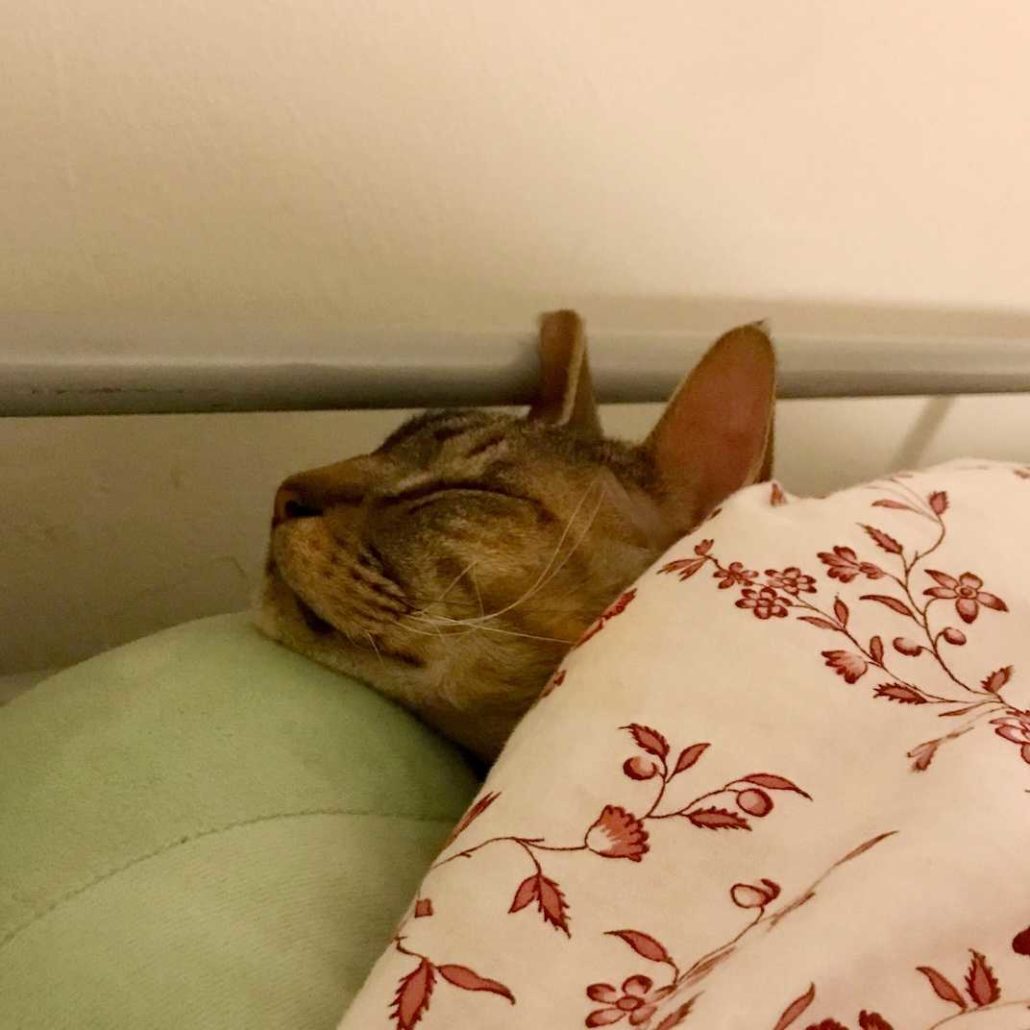Convenia For Cats Dental

Clindamycin administered once daily at 11 mgkg bodyweight orally for 10 days following dental surgery was compared with a single subcutaneous injection of cefovecin 8 mgkg bodyweight administered at the time of dental surgery.
Convenia for cats dental. The death rate for IMHA is up to 70. Convenia exerts its antibacterial effects for approximately 1-2 weeks but stays in the body for over 2 months. Convenia is manufactured by Zoetis formerly Pfizer Animal Health.
Convenia was launched by Pfizer Animal Health now Zoetis in 2008 as the only antibiotic of its kind. The bacteria were cleared in around 34 of the cats and the two drugs compared well. Convenia is a fast-acting safe and effective treatment for common bacterial skin infections in dogs and cats.
Convenia is given typically as a single injection which can last up to 2-3 weeks in pets. Just say NO to Convenia and please realize that the medical system including veternarian care is corrupt and so trust no doctor research everything before giving to your dog or cat. Because Convenia is an antibiotic all of the cats to whom it is given should be suffering some kind of health condition involving infection.
Ive since learned Convenia is not indicated for tooth infections and does have a very high mortality rate in cats. Death has occurred in some cases. If your cat had a post-op Fentanyl patch that is the more likely explanation for the weird behavior.
Convenia should only be used in situations where cats require a full fourteen day course of antibiotics and in particular Convenia is useful in situations where it is difficult or impossible to give a cat normal oral antibiotics such as tablets. CONVENIA helps improve quality of life for pets and their owners. Dr Lisa Pierson recommends against Convenia injection for antibiotic.
A one-time injection that exerts its antibacterial effects for up to 14 days effectively eliminating the need. Some of them will be seriously ill. Convenia an injection used for a range of skin infections for both dogs and cats older than four months is commonly prescribed for abscesses wounds often caused by susceptible strains of Staphylococcus intermedius and Streptococcus canis in dogs or susceptible strains of Pasteurella multocida in cats all conditions which can cause excessive.



















